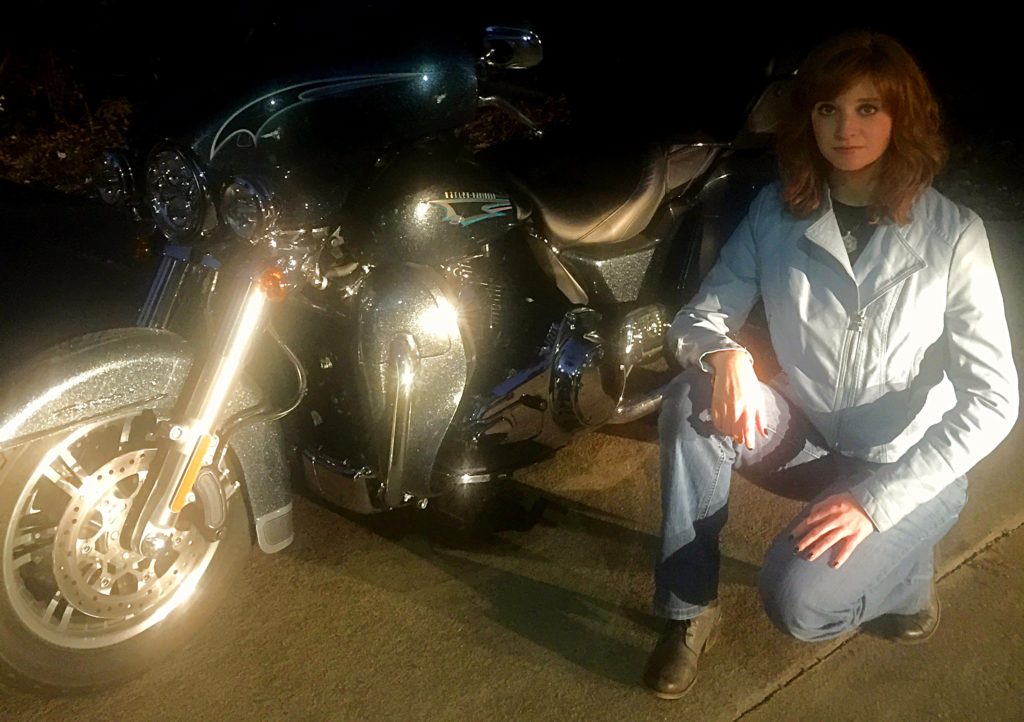The Outsiders remains one of the most popular books for young adults despite being written in the mid-1960s. I recall my 8th grade study hall talking loudly about the book before we settled into our homework. Even my husband kept his copy of the book with Sharpie arrows on every few pages. Bearing in mind the harsh reality S.E. Hinton describes, I had to reread The Outsiders and see how the values jive with faith.
The Outsiders by S.E. Hinton
One of The Outsiders strongest qualities is its unflinching depiction of reality. I cried for the last 80 pages of the 180 page book because I felt completely immersed in Ponyboy’s world. Because we walk in Ponyboy’s shoes as we read, we see the beauty and strength hidden in gangs and switchblades. This group of young men with various rough backgrounds came together as a family. Their main concern was protecting and providing for the other members of their gang.
We also learn of our common humanity along with Ponyboy. In a conversation with the Soc Cherry, Ponyboy says, “‘That’s why we’re separated,’ I said. ‘It’s not money, it’s feeling – you don’t feel anything and we feel too violently,’” (p 38). We see the good and the bad of both sides. As Ponyboy explains towards the end, it came down to the person. Boys from the ‘wrong’ side of the tracks saved people, and boys from the ‘good’ side of the tracks jumped innocent passerby. The mature understanding of humanity Ponyboy gains ultimately fulfills Johnny’s advice to “Stay gold, Ponyboy,” (p 148).

Hiding in Church
Ponyboy tells us that he and Johnny used to go to church consistently. That stopped when they brought other Greasers with them who couldn’t sit still and caused a scene. Yet, in their time of trouble, Ponyboy and Johnny wind up back in a church.
Hinton doesn’t expressly bring faith into the story. Nobody runs around quoting scripture. A preacher doesn’t convert all the gangs into perfect, law-abiding citizens who never fight. And honestly, the book is better for it. The book would feel deceptive if these tough, complex characters suddenly turned into religious robots. Instead, the Greasers and the Socs grow in empathy and understanding. We see the personal aspect of faith reflected in how each person responds to death. God lovingly created each human being with their own strengths, weaknesses, trials, and temptations. Hinton does an excellent job recording it.
- Hinton, S. E. The Outsiders. New York: Penguin Books, 1967.

